5 Tips for a Better Reading Experience
The Experience of Reading for Pleasure
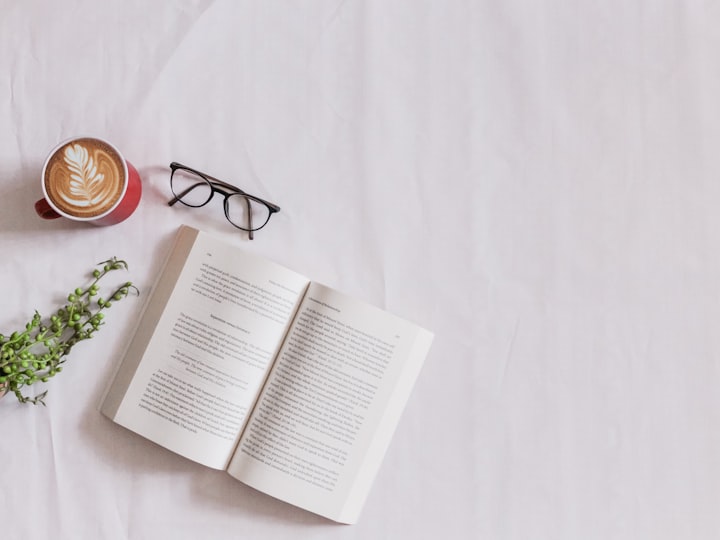
I love to read. If you're reading this, I guess you do too.
When we are reading, we all want to have the best experience possible. Whether you are reading for pleasure, studying, research or even you're reading instructions on how to make a sweet potato pie. You want to get the most out of your experience as possible. Today, we are going to have a look at how to get a better experience from reading for pleasure, with each type of reading getting its own separate article on tips and advice on bettering your reading.
What this is not about is the whole argument of 'what' we 'should' be reading. You need to decide what you want to read. Which brings us on to our first point...
1) Read whatever you want to.

I don't know how many times I have said this but you should not be listening to people when they say that you 'should' be reading a certain type of book unless you are studying for something and that person is your teacher/lecturer/supervisor etc.
Seek out what you want to read. If you don't like reading classic literature then you don't have to. If you prefer classic literature then go ahead and read it. If you want to read a graphic novel but your normal reading is crime fiction then read the graphic novel. To get the best reading experience possible, you need to read what you want to read. Look inside yourself and see what your mind would like put into it and why. The reading experience is all about feeding the subconscious mind, reading for pleasure is especially so. This brings us on to our next point...
2) Relaxation technique

In reading for pleasure, you want to make sure that you have some sort of relaxation technique going on that that is because this will increase your actual want to carry on reading. Imagine it: you're relaxed with a cup of tea for example, it's somewhere in the late evening and you pick up your book and sit down covered with a blanket. That is your example relaxation technique and in comparison to reading for ten to fifteen minutes on the train to work/school, you can read for ages and ages, without the requirement to put it down.
The more you create an area of relaxation or a routine of relaxation for yourself, then the more you will associate that relaxation time with reading and the more you will want to pick up your book and read it.
I'll give you an example of mine. I have two:
My morning technique: 4am - sit down on my bed with a cup of strong black coffee and a glass of soya milk. Take my medication and read.
I have associated taking my medication and having a cup of coffee (which are things I do in the morning as a part of my routine) with the quiet of the morning. It helps me to feel good about having some time to read.
My nightly technique: 8pm (or so) - sit down on my bed with a cup of peppermint or spearmint tea, take my medication, apply facial creams and dim lights to read. I will eventually fall asleep around midnight.
I have associated the relaxing qualities of mint teas with the facial cleansing I do at night time with the want to sit down, relax into my bed and read in the slightly dimmed lights. I feel good about the end of my day (and if you want to know, my brand of tea as a choice will either be Twinings Spearmint and Apple or it will be Morrison's Three Mint tea).
What you should not be doing though is counting the amount of pages and comparing them to other people's reading speeds. This brings us on to our next point...
3) Don't measure yourself up against others, especially for time and speed.
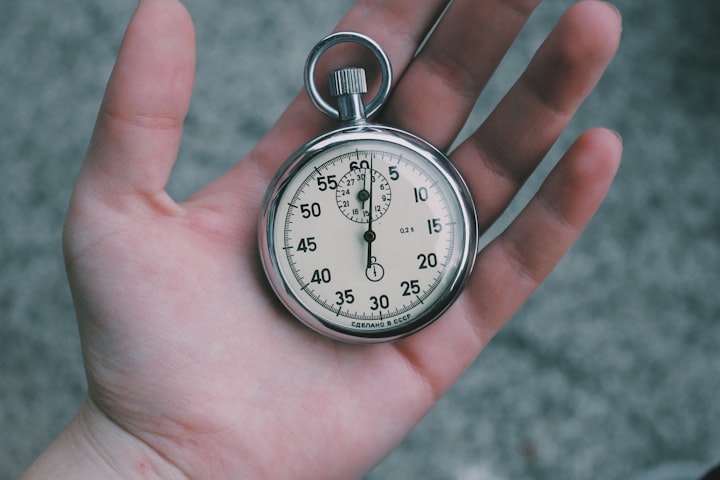
Remember, reading for pleasure is about YOU. It is not about your best friend, your mother or your pet dog. It is about YOU reading for your own entertainment, relaxation and for your own escapism.
If you have read ten pages in one night and another person, your best friend, has read twenty, it is none of your business or theirs of the speed or time of your reading or theirs. The way in which it should work is that you don't discuss how much you read the night/day before, you discuss how your felt about your reading the night/day before.
Reading for pleasure means reading for feeling and entertainment. Some people like to read passages of certain chapters over and over again to analyse them deeply, some people like to read the whole book once, put it down and never look at it again. Some people also read the same book over and over again over the course of many years. But the whole point is to read what and how you want to read. If you want to read one page a day then that's your choice. If you want to read 100 pages a day then that is also your choice.
You are not in competition with other people, you should be nurturing others to do the same and read for pleasure. This brings us on to our next point...
4) Encourage reading for pleasure in others.
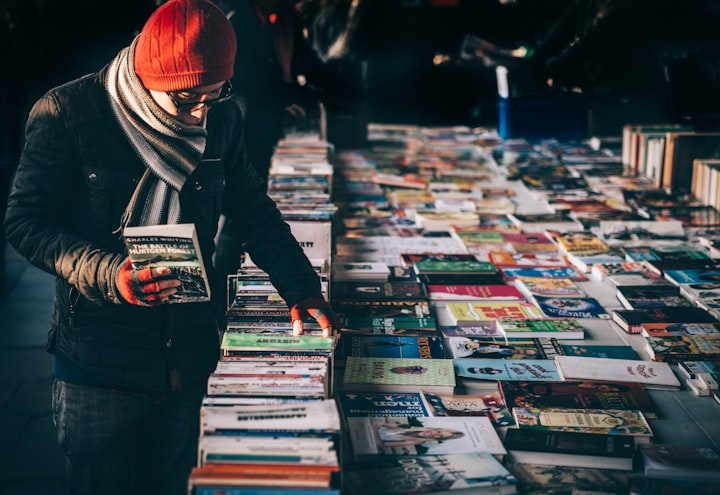
Don't look down on people for not reading classic literature or Shakespeare or Dante etc. Don't look down on people for 'not having read (insert commercialised classic novel here).' If someone is reading "David Copperfield" by Charles Dickens for the first time and you have already read it, you don't need to look down on them for being '(insert over 18 years' of age number here)' and 'not having read a book written for teenagers'. Instead, tell them that you have read it and you are excited to see what they think. Offer an ear when they talk to you about each chapter and character as they move through the book and encourage them to keep going. If they don't like the book, then encourage them to take in a chapter or two more and if they really don't like it, then read something else. But you cannot justify putting people down for not having read a book you have read.
Open up the discussion if you have read a book someone has not and try to encourage their process of reading by lending your ear to their opinions about the book and giving your own opinions as well. You might find out that you have made a new friend. Even if you don't like the same books. This brings us on to our last point...
5) Be open minded to different reading experiences by different people.

It is very important to remain open minded about genres. If you say 'I don't like X genre because...' you have just generalised an entire genre to one specific sentence. I admittedly used to be like that. I did not like romance novels because they were 'just about some couple living happily ever after' (my exact words) and then I read "The Improbability of Love" by Hannah Rothschild after simply requiring something to read on a train journey. I instantly rethought my opinion on romance novels because it was incredible.
Many people state similar things such as:
'Graphic novels are not 'real' books...'
But they are for children and adults with learning difficulties who want to read and understand at the same time. It improves their reading experience by giving pictures as well as words. So, yes, they are real books.
'Listening to audiobooks is not really reading...'
But it is for the visually impaired. It is one of the only ways they can read and so, yes, it is technically reading.
'You should read books over 200 pages...'
Not if you're a person who works a 8am to 6pm shift and has children to look after too. You can, but I imagine it would be difficult to get pleasure out of something that did not suit your lifestyle. I have heard many people who have long working hours and days state that they prefer shorter books and even short story collections in order to read for pleasure. So no, books over 200 pages are not a 'must' here.
And the list goes on.
Conclusion
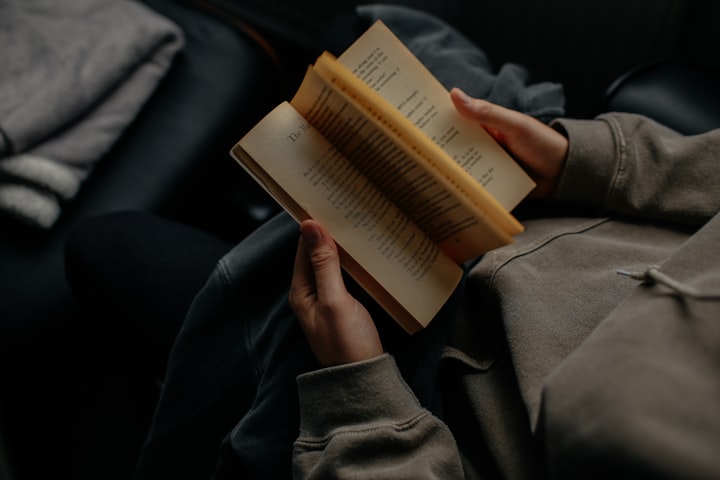
When reading for pleasure, the only thing you need to take into account is your own reading, your own experience and your own enjoyment. You don't need to be reading for anyone else if you're reading for pleasure and these tips are also a great way of encouraging children to read. Let them choose their own books and build up on different genres slowly. You may find that the child is actually very open minded to new literary experiences.
About the Creator
Annie Kapur
200K+ Reads on Vocal.
English Lecturer
🎓Literature & Writing (B.A)
🎓Film & Writing (M.A)
🎓Secondary English Education (PgDipEd) (QTS)
📍Birmingham, UK


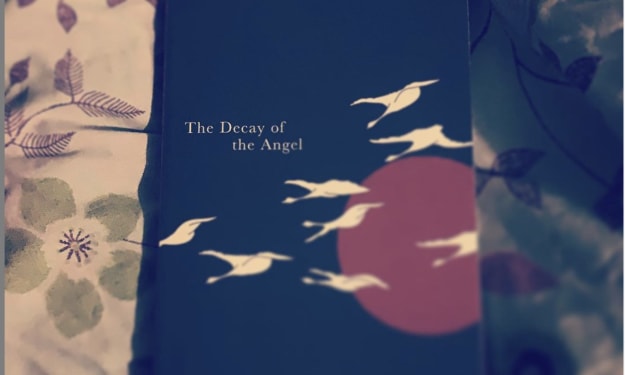



Comments
There are no comments for this story
Be the first to respond and start the conversation.